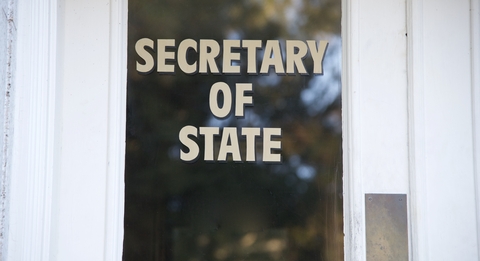Online searching: When to stop
When you’re using online sources for in-depth research or investigations, it’s easy to get lost in a hyperlinked rabbit hole or two. Even if you have a strategy and a focus, one thing leads to another, and, before you know it, you’ve spent too much time online, with too few results.
So, how do you know when to stop online searching? At what point is it safe to say that you’ve done what you can, and, yes, you could give it another try–but should you?
While every case is different, I’ve put together this list of considerations for deciding if it’s time to stop searching:
Budget – When you run out of your allotted budget for online research, just stop. Sounds easy, but for many of us, it’s difficult. We want to solve someone’s problem, so we’re willing to try yet another database. But, being mindful of your budget for online research keeps the case or project from getting stalled, and it sets up reasonable expectations for you and your client.
Time (See also Budget) – Sometimes clients just want a few quick answers. Maybe they’re in phase one, and they need just enough information to move ahead. Perhaps they’re pressed for time. In most cases, more time doesn’t necessarily translate into higher value.
You’ve found your answers – It’s tempting to keep looking a little further just to see what else is you can find. There’s a fine line between answered questions and information overload, so focus on the original purpose for your research. Stop when you have your answers, or when it becomes clear that you won’t find them online.
You’re not finding anything new – When you keep seeing the same results, it’s time to stop. At some point, you need to trust your strategy and know that you won’t find anything else–no matter how many more searches you try.
When you wind up with more questions than answers – Are you sure you can confirm identities? Is what you’re finding relevant to your case? Can you trust your source? Do you need more information before moving forward? Take time to stop, re-evaluate, and try a different strategy.
When it’s time to pick up the phone – Just because you haven’t found the answers online, it doesn’t mean they don’t exist. Maybe they’re well-hidden, or no one’s thought to put that information in a digital format, so pick up the phone and ask an expert or someone in charge. It may save time in the long-run.
When it crosses the line legally and ethically – Remember the rules of the road when you’re searching online. Respect copyright, make sure you have the required authorization forms for degree verifications, and never, ever, obtain banking records without permission or a court order.
How do you know it’s time to stop your online searching?



